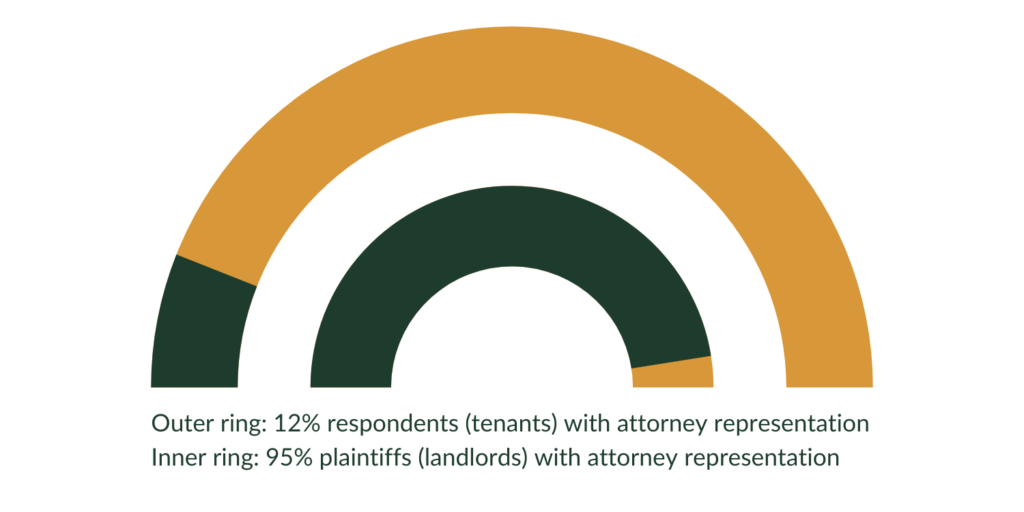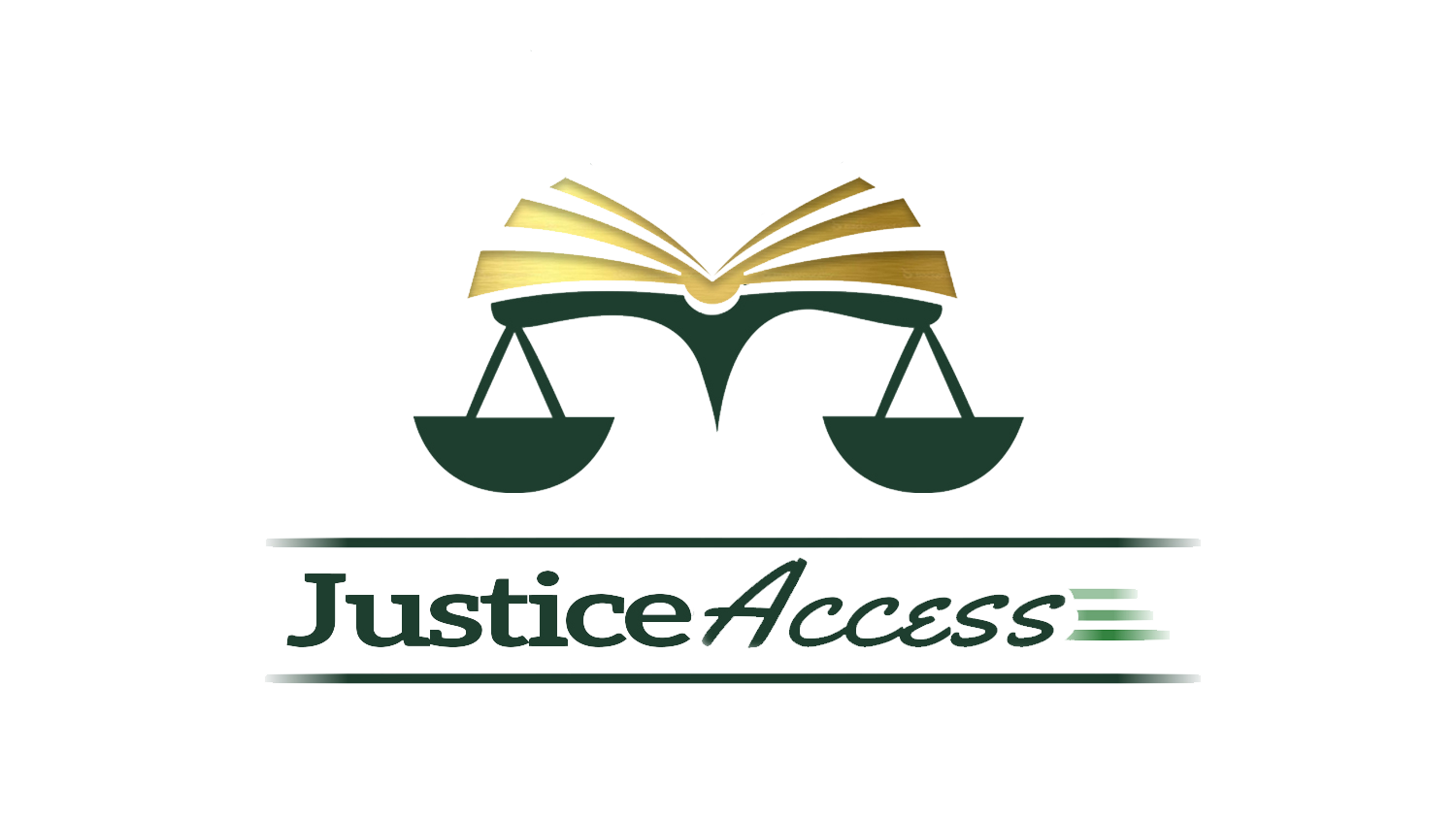Support with funds
Your donation supports our library operations: staff and interns, technology, and language support for patrons with limited English proficiency.
Sponsor an intern
We believe that paying our interns is critical for supporting a diverse and equitable profession. Your sponsorship of an internship position helps us develop a robust internship program for library science and law students.
What is the benefit to you of sponsoring an intern?
- The internship you sponsor will be named for you (e.g. the “Sponsor’s Name Legal Reference Internship”).
- You may specify if the internship is for a library science student or a law student.
Email us to learn more.
Support with time or skill
Time
Apply to serve on our Board of Directors
Host a fundraiser
- Online – set up your own donation link
- Parlor meeting or open house – email us to coordinate!
Learn why our work is needed
Too many residents are appearing in court without the benefit of an attorney. Often, this is exacerbated by a power imbalance. For example, in DC’s Landlord-Tenant Court, only 12% of tenants have attorneys, while 95% of landlords are represented.


In family court, parties who appear with an attorney have substantially better outcomes than parties without attorneys.
In DC’s Domestic Violence Branch and Family Court, individuals seeking a protection order are more than twice as likely to succeed when they have attorney representation (27% pro se; 62% represented). Parents seeking child support orders are more than four times as likely to succeed when represented (10% pro se; 43% represented).
Traditional law libraries that are open to members of the public are difficult to use. Barriers include:
- Limited English proficiency
- Anxiety
- Limited literacy
- Transportation and other geographic barriers
- Childcare needs
- Schedules

